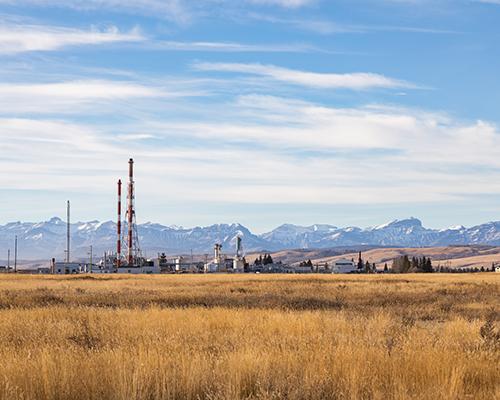A research article co-authored by CSSN Scholar Amy Janzwood explores the interpretive politics of natural gas in Canada by analyzing government climate plans and press releases produced in the post-Paris era.
Abstract:
Fossil fuel proponents and governments have framed natural gas as a “bridge fuel” necessary for a smooth global energy transition. However, environmental and climate justice groups warn that natural gas will lock in high carbon pathways, in addition to creating significant environmental harms and health risks for affected communities. This contestation around the framing of natural gas reflects a process of interpretive politics, namely the struggle of different actors to define policy problems and present potential solutions to influence policy outcomes. We explore the interpretive politics of natural gas in Canada by analyzing government climate plans and press releases produced by industry associations and other relevant, primarily non-governmental, organizations in the post-Paris era. We identify three distinct variations of the bridge fuel narrative around the purported clean energy benefits of natural gas driven by industry associations and provincial governments. Though the language of clean energy benefits is spreading, the meaning varies significantly by regional context. The malleable position of natural gas as a source of interpretive contestation has important implications for future coalition-building and decarbonization.



